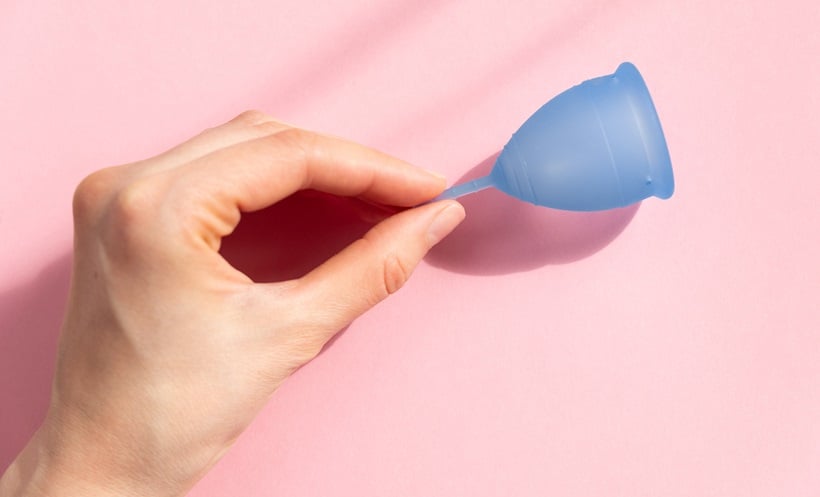A NEW study has found a significant association between sleep disturbances and the severity of premenstrual syndrome (PMS) in young women. Researchers in Qazvin, Iran, examined data from 252 women and discovered that poor sleep quality correlates with more intense PMS symptoms, particularly anger, anxiety, mood swings, and fatigue.
Using the Pittsburgh Sleep Quality Index (PSQI) to assess sleep and the Premenstrual Symptoms Screening Tool (PSST) to evaluate PMS severity, the study found that nearly half (49.4%) of participants experienced severe PMS, while 21.9% had moderate symptoms and 28.7% had mild symptoms. Statistical analysis confirmed that sleep quality significantly impacted emotional and physical PMS symptoms (p < 0.05).
The findings highlight the importance of sleep management in PMS treatment, suggesting that improving sleep habits may help alleviate symptoms. As PMS affects a large proportion of women, future research could explore whether interventions targeting sleep could serve as an effective non-pharmacological approach to managing PMS.
Aleksandra Zurowska, EMJ
Reference
Mighani S et al. Association between sleep quality and premenstrual syndrome in young women in a cross-sectional study. Sci Rep. 2025;DOI: 10.1038/s41598-025-90581-4.








